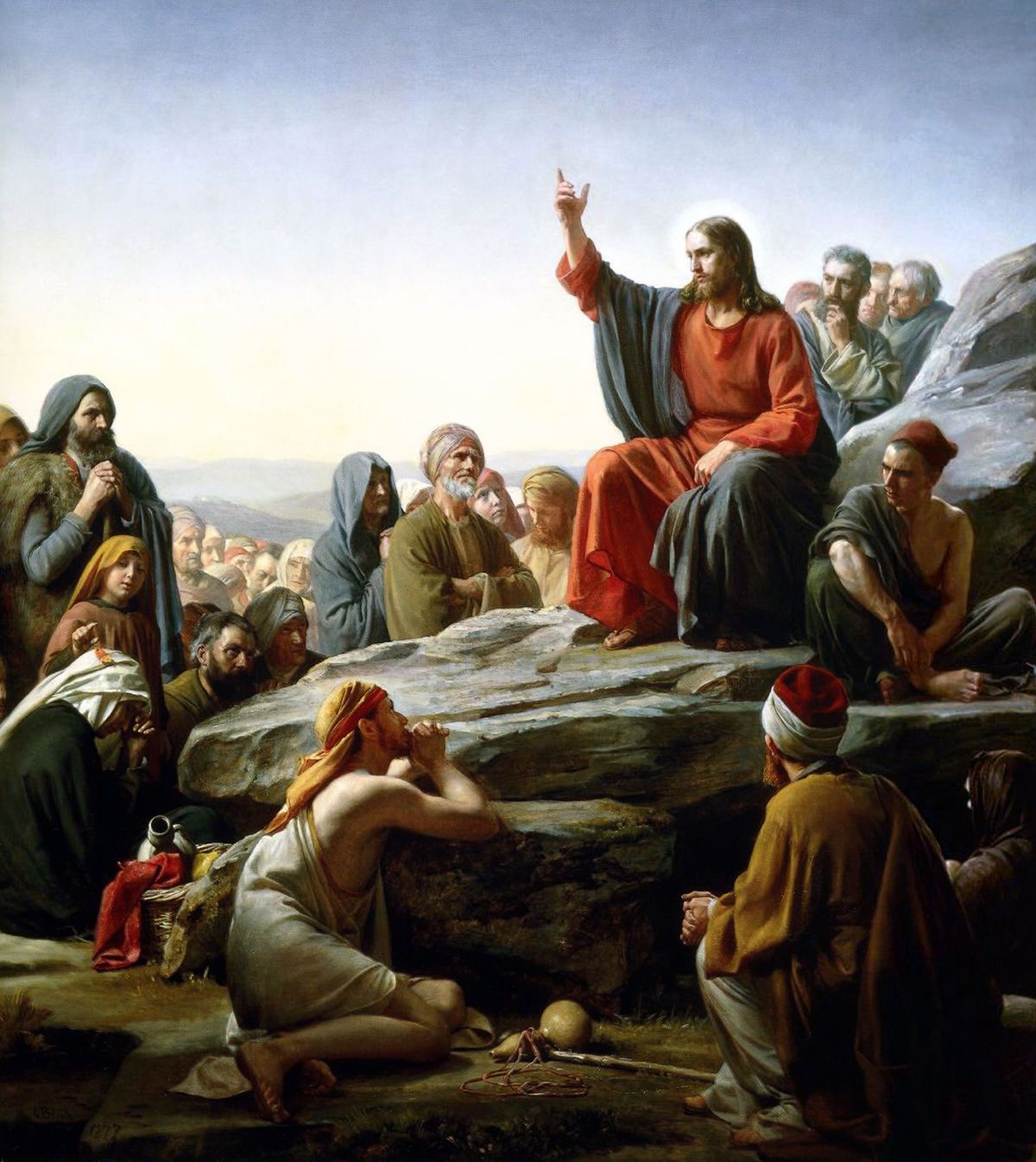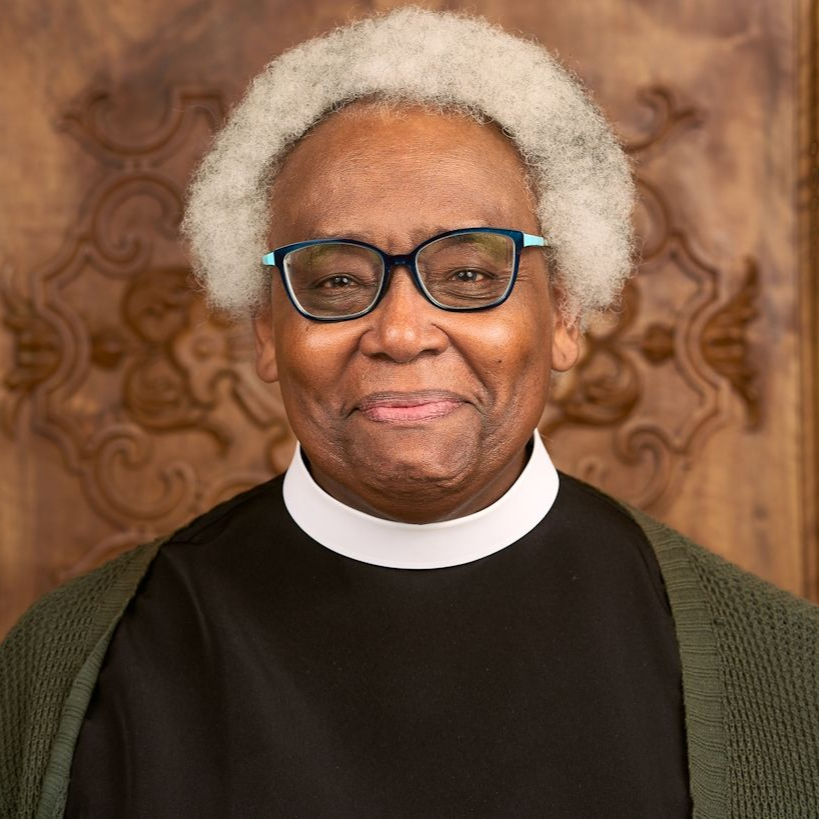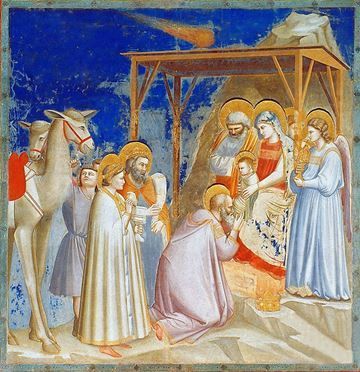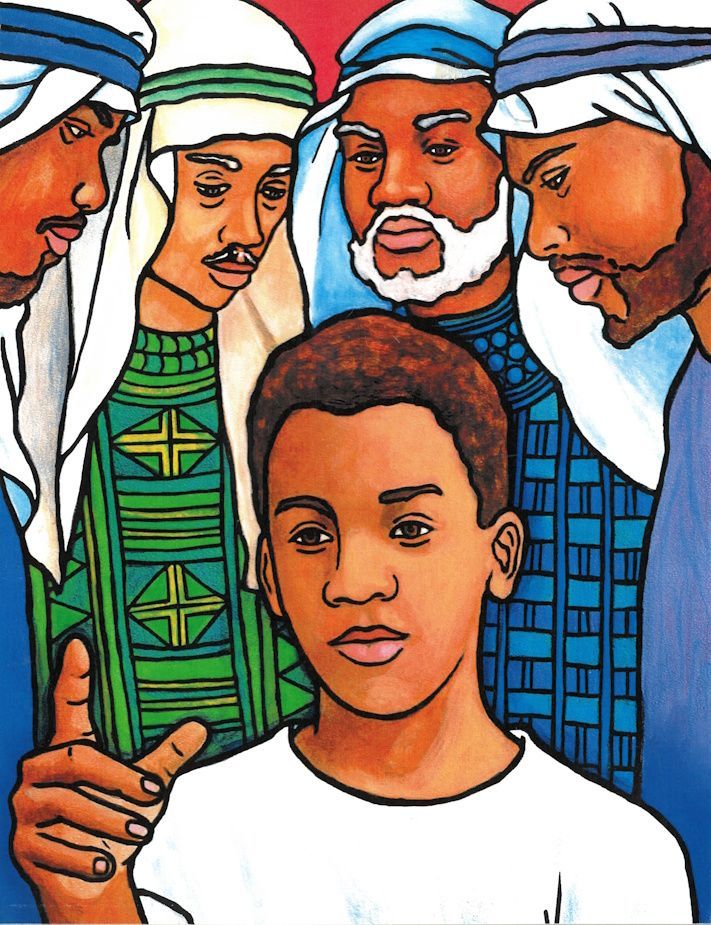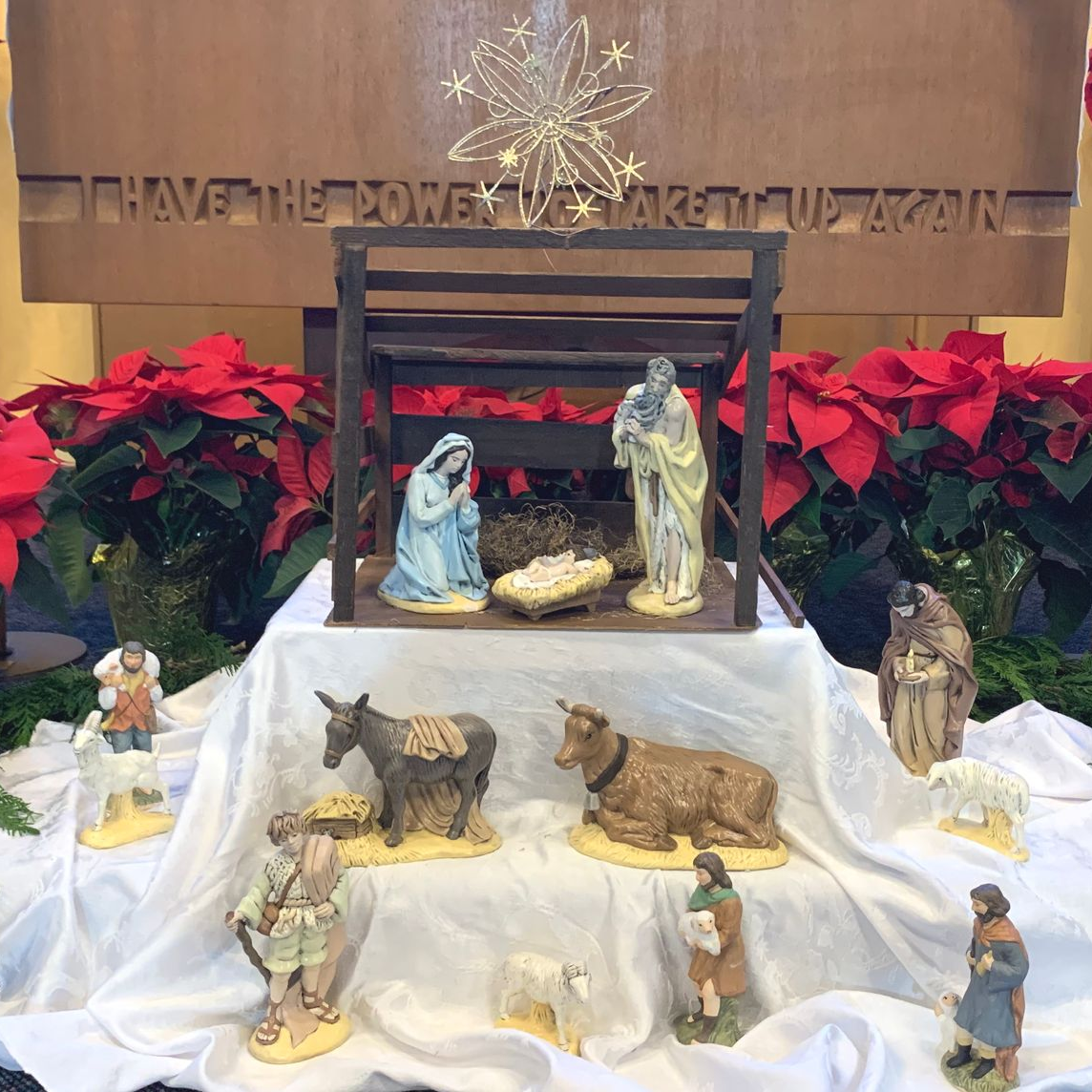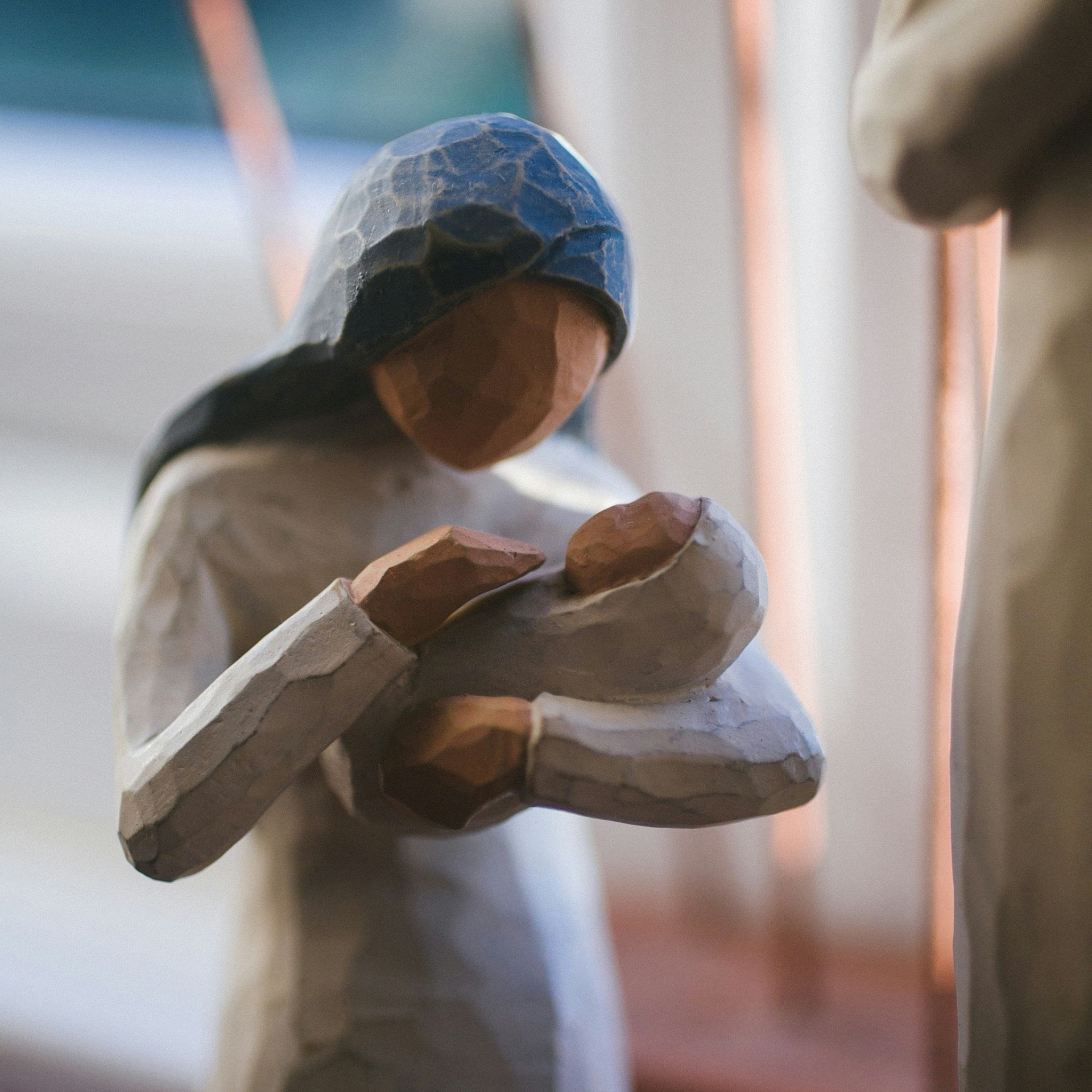Let Love In
Is God prejudiced against the rich?
2024-50
Sermon preached at Church of the Good Shepherd, Federal Way, WA
www.goodshepherdfw.org
by the Rev. Josh Hosler, Rector
Sixteenth Sunday after Pentecost (Proper 18B), September 8, 2024
Isaiah 35:4-7a ;
Psalm 146 ;
James 2:1-17 ;
Mark 7:24-37
So Jesus is trying to get away from it all—not an uncommon situation in the gospels. He goes into incognito mode in a foreign land. But it’s no use. Immediately he is spotted and identified, which is saying something in a world without photography.
Now, I’ve heard this story in church every three years all my life, and I’ve heard no shortage of sermons on it. Nearly all of them have zeroed in on Jesus’ harsh words to the Syrophoenician woman, and this one will, too: “Let the children be fed first, for it is not fair to take the children’s food and throw it to the dogs.”
Ouch. These words hurt. Why is Jesus calling this woman a dog?
We can apply a variety of lenses to the books of Scripture, some more appropriate than others, depending on the genre of the writing and depending on context we may or may not have learned. We don’t need all the available context for the Bible to be useful to us, or for God to love us, or for the Christian hope to be ours. But more context is always a good thing.
Before I provide some historical context, though, I’d like to invite you to imagine what we don’t know about this woman. Is she married? Divorced? Widowed? How old is her child? Make up an age. So how old is she herself?
OK, let’s keep fleshing out her profile. In today’s terms, how much money does this woman’s household make per year? Shout out a dollar amount.
Most sermons I’ve heard assume that this woman is dirt poor. That makes sense, right? Isn’t Jesus always addressing the needs of the poor? Yet it turns out that there’s a good chance this woman isn’t poor at all, but much better off than Jesus and his disciples. Even if she is widowed, she might well have plenty to live on.
The Syrophoenicians are those who in the Old Testament were called the Canaanites. These are the people the Israelites conquered when they entered the Promised Land. They never went away; they eventually settled in their own place north of Israel. Then many centuries passed.
Now, under the Roman Empire in Jesus’ time, the economy greatly favored the Syrophoenicians over the Jews.[1] Jesus and his disciples are in a foreign land among ancient enemies who are, in general, far better off. In other words, this woman might well have significant power over Jesus and his people. This changes the way I hear Jesus’ words. Jews commonly referred to the Syrophoenicians and other Gentiles as “dogs.” It might be like calling the police “pigs,” or like calling corporate executives “the man.” It’s an insult spoken by a frustrated, mistreated, downtrodden people.
So a privileged woman standing on her home turf approaches Jesus, a poor foreigner, and asks him for help. We might imagine Jesus saying, “Look, I’m a child of Israel first and foremost, and I take care of my own. I have a mission to them specifically, and they are hurting. Your people in particular—the ones we call ‘dogs’—are oppressing them by hogging the resources Rome allows you. And you want me to help you? Please!”
Many sermons on this gospel focus on whether Jesus really thinks of this woman as a dog, or whether he is putting on a demonstration for his disciples, or whether he is bantering with her because he knows she can take it. Yet all of these analyses arise from an emotional need of our own: it sounds like Jesus is acting like a jerk, and we don’t want that.
This is where it might be helpful to set the Letter of James alongside Mark’s gospel. James talks about the human tendency to welcome the rich into our worshiping communities and to curry their favor, and he says that we should not show favoritism or draw distinctions among the members of our community. Then he immediately turns around and calls the rich oppressors and blasphemers—as if there were no wealthy people in his congregation!
Is James being hypocritical? It says in the law of Moses not to defer to the rich or the poor.[2] But James reminds his folks that there’s a power imbalance built into the economy: the poor don’t have the means to persecute the rich! The rich, then, are the ones to blame for whatever persecution is happening in the world. We are rightfully upset when the bully picks on the weak, but do we not cheer on behalf of the weak when the bully is finally brought to justice?
As an aside, beginning in November we plan to offer again our class called Sacred Ground, about the history of American racism and the church’s place in it. In this class we learn together about how the invented concept of “whiteness” became, in essence, a form of European currency that is still used to bully people today. Stay tuned for more.
At this point I could hardly blame you if you feel that I’ve unfairly lumped wealth, whiteness, and bullying into one category without nearly enough nuance and without connecting any of it to the gospel effectively. And you’re probably right. It’s all a big muddle, isn’t it? Stick with me, though. My point is that this little snippet of conversation between Jesus and a Canaanite woman cannot be removed from centuries of ethnic prejudice and economic injustice. And no, of course we don’t want to stay stuck there, with the poor feeling helpless and the rich feeling guilty—or even picked on!
The thing that gets us unstuck is not Jesus’ harsh words, but the woman’s willingness to make herself vulnerable.
Have you ever been the Syrophoenician woman, living a relatively privileged life, but suddenly facing a terrifying situation? Wouldn’t you give anything to see your child healed, or your spouse’s cancer cured, or your own body working better again? Your suffering is real, and it matters—regardless of whether other people may be suffering more. And while money can buy better security and, to some degree, better health, it cannot buy the guarantee of a long, untroubled life. Nobody’s promised tomorrow today.
So now let’s hear the woman’s response to Jesus with all this context added in. “Well, yes, you’re right! I am one of your oppressors, and I own that. We have it way better than your people do, and we can’t possibly deserve that since it comes at your expense. I am one of the dogs you speak of—yes! But please—I’m just so weary, and my daughter is so dear to me. In this moment, I just ask for one little crumb from the Master’s table. I know there’s a scarcity of money and power in this world. But is there a scarcity of healing?”
Wow. It seems the wealthy are not immune to heartbreak and loss. Who knew? The Syrophoenician woman is not so different from those of us who live comfortably. She thinks of herself as a good person who has a right to the pursuit of happiness. She didn’t set up the relationship of her people to the Jews under the umbrella of their Roman overlords. She probably can’t imagine doing anything to change it.
But she is not ignorant of the facts, either. This woman has an immediate need—a daughter in need of healing—and somehow her understanding of God is bigger than ethnicity and property and empire and ancient grudges. This woman sees in Jesus the key to a larger reality—a reality so full of love and joy that it can’t possibly stay contained within Jewish lands. In this moment, Jesus could show mercy and heal this woman’s daughter. But in the long run, Jesus could change everything! So she’s saying, “If there’s any way for me, who is not Jewish, to be a part of what your Jewish God is offering—well, sign me up for that!”
We know that our world, as it is, does not live up to God’s hopes. Yet ours is the world God keeps choosing. God is not an absentee landlord. God has come to live right in our neighborhood—as Jesus. So Jesus knows the economic realities. Jesus can handle both the large-scale dynamics and the people right on his doorstep.
Is God prejudiced against the rich? No, God loves the rich. And God loves the poor. In our world, we must not paper over the distinctions that cause and perpetuate injustice, because to ignore them is to allow them to continue. More context is always a good thing. But after that—after you have learned well the context and allow it to affect your life—are you cultivating judgment, or are you cultivating mercy?
We all have the means to provide healing and hope to one another, whether we have money or not. And those of us with more money have a specific call from God to use it to heal and not to harm—to bring positive change on a larger scale. As James puts it, faith without works is dead. “Thoughts and prayers” without organized, informed action are straight-up hypocrisy. So if you’re looking to finally erase the distinctions between us, love is the only place where we can do it—love that will lead us to invest whatever we have, a lot or a little, in one another.
After healing the Syrophoenician woman’s daughter, Jesus heads back toward home by way of the neighboring Decapolis area. Here he is presented with a man who cannot hear. Well, forgive me for using this man’s body as a metaphor, but it’s pretty irresistible. Jesus takes the man away in private—why make a spectacle of him? “Ephphatha,” he breathes—that’s Aramaic, Jesus’ native language. “Be opened.”
Be opened. Oh, let your ears be opened and your tongue be loosed! Let your soul be cracked open to hear the specific sufferings of the poor—and also the inevitable sufferings of the rich, who are just as human, just as subject to the terrible surprises of life. Let the harsh realities into your heart. Acknowledge the role you cannot help but play in these realities—so that we can learn together how to change our real-world situation.
And then let love in—not just good feelings for your family and friends. Not just your internal concern for those you know who are suffering. Pray every day! And then keep opening up to a vulnerable love that changes the way you live, so that your thoughts and your actions become one. Amen.
[1] To learn more about the likelihood of this economic dynamic, read Sharon H. Ringe, “A Gentile Woman’s Story, Revisited: Rereading Mark 7:24-31,” in A Feminist Companion to Mark, ed. Amy-Jill Levine with Marianne Blickenstaff (Cleveland: Pilgrim Press, 2001), 85.
[2] Leviticus 19:15



